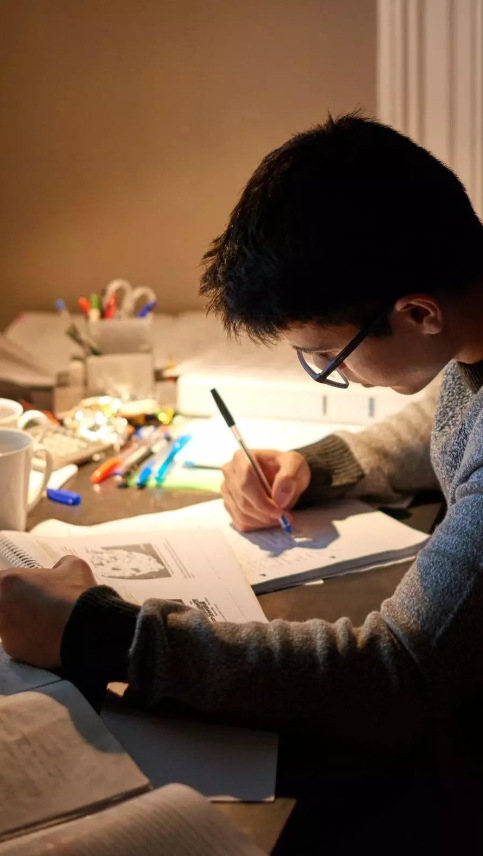Discover effective motivational strategies to ignite a passion for learning in unmotivated students. Unleash their full potential.
In today’s fast-paced academic environment, fostering effective study habits is crucial for success. Unmotivated students often face challenges in developing and maintaining a disciplined approach to learning. However, with the right strategies, educators and parents can play a pivotal role in transforming lackluster study routines into dynamic, goal-oriented habits.
ALSO READ: Understanding Depression And Irritation: Causes And Solutions

Understanding the Root Cause
Lack of Motivation
Unmotivated students often struggle due to a lack of intrinsic motivation. Addressing this issue requires a multi-faceted approach, combining encouragement, positive reinforcement, and the creation of a supportive learning environment.

Proven Tips for Developing Study Habits
1. Set Clear Goals
Encourage students to define their academic objectives. Setting clear, achievable goals provides a sense of direction and purpose, motivating them to engage more actively in their studies.

2. Create a Dedicated Study Space
Establishing a dedicated study space is essential for minimizing distractions. This area should be quiet, well-lit, and stocked with necessary supplies, fostering an environment conducive to focused learning.

3. Implement a Structured Schedule
Help students create a daily or weekly study schedule. Structured routines instill a sense of discipline, making it easier for unmotivated students to adhere to a consistent study plan.


4. Use Varied Learning Resources
Encourage the exploration of different learning resources, such as textbooks, online courses, and educational apps. Varied materials can capture the interest of unmotivated students, making the learning process more engaging.
ALSO READ: Unlocking The Benefits Of Proper Hydration: The Optimal Timing For Drinking Water

5. Incorporate Interactive Study Techniques
Promote interactive learning through activities like group discussions, quizzes, and educational games. Interactive techniques not only break the monotony but also enhance comprehension and retention.

6. Provide Positive Reinforcement
Acknowledge and celebrate small victories. Positive reinforcement, such as praise and rewards, reinforces the connection between effort and success, motivating unmotivated students to persevere.

7. Offer Supportive Guidance
Establish open lines of communication to understand the challenges students face. Providing empathetic guidance helps build trust and creates an environment where students feel comfortable seeking help when needed.

Case Studies: Transforming Unmotivated Students into Success Stories
Case Study 1: Mia’s Academic Turnaround
Mia, a high school student struggling with motivation, saw a significant improvement after implementing the aforementioned tips. Setting goals and creating a dedicated study space transformed her approach, resulting in improved grades and renewed enthusiasm for learning.

Case Study 2: Alex’s Journey to Academic Excellence
Alex, an unmotivated college student, thrived with a structured schedule and interactive study techniques. Incorporating group discussions and educational games made the learning process enjoyable, leading to academic success.

In conclusion, developing study habits in unmotivated students requires a tailored approach that addresses the root causes of their lack of motivation. By implementing proven tips such as goal-setting, creating a dedicated study space, and incorporating interactive learning, educators and parents can empower students to take control of their academic journey.
Click here, to Check HNN’s latest post.
ALSO READ: Unveiling The Power Of Nature: 5 Foods For Naturally Lower Blood Pressure
Image Source: Google




































